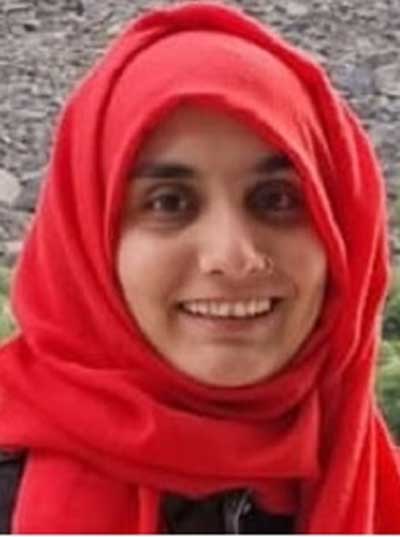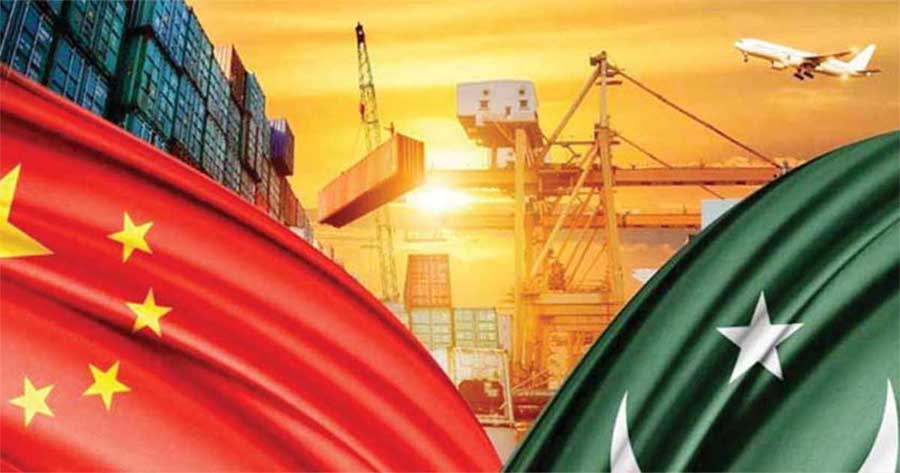In recent years, Pakistan has experienced a surge in climate-related disasters, from devastating floods to prolonged droughts, challenging the resilience of its communities. Amidst this environmental crisis, a lesser-known but crucial aspect emerges: the disproportionate impact on women. Climate change exacerbates existing gender inequalities, deepening the vulnerabilities of Pakistani women and magnifying the challenges they face in their daily lives
Pakistan’s patriarchal society, coupled with traditional gender roles, places women at the heart of climate-induced crises. The repercussions are far-reaching and multifaceted, affecting various aspects of women’s lives, including health, education, economic empowerment, and social status.
One of the most immediate consequences is the impact on women’s health. In the aftermath of climate disasters, women often bear the brunt of increased health risks. Limited access to healthcare facilities, coupled with unsanitary conditions in makeshift shelters, exposes women to higher rates of maternal mortality, reproductive health issues, and the spread of diseases. Pregnant women face heightened risks during extreme weather events, as they struggle to access proper care amidst the chaos.
Moreover, the disruption caused by climate disasters significantly impedes women’s access to education. Schools may be damaged or destroyed, and the burden of post-disaster responsibilities often falls disproportionately on girls. The societal expectation for women to prioritize care-giving roles further hampers their educational opportunities, perpetuating a cycle of limited empowerment and economic independence.
Economic repercussions are equally severe. Agriculture, a primary livelihood for many in Pakistan, is heavily dependent on climatic conditions. Women, who play a vital role in agricultural activities, find their incomes jeopardized as changing weather patterns lead to crop failures and loss of livestock. The economic strain is particularly felt by female-headed households, leaving them more susceptible to poverty and economic insecurity.
Socially, the existing gender inequalities are magnified in the wake of climate disasters. Women are often excluded from decision-making processes related to disaster preparedness, response, and recovery, sidelining their voices and perspectives. Traditional gender roles become more entrenched, as women are expected to take on additional responsibilities in the aftermath of disasters, further limiting their opportunities for personal growth and development.
Addressing the gendered impact of climate disasters in Pakistan requires a multifaceted approach. First and foremost, policies must be implemented to ensure women’s active participation in decision-making processes related to climate change adaptation and disaster management. This includes providing training and resources to empower women in disaster-prone regions.
Additionally, there must be a concerted effort to improve healthcare infrastructure, ensuring that women have access to adequate reproductive and maternal healthcare services in the aftermath of climate disasters. Educational programs should be designed to accommodate the specific needs of girls and women, allowing them to continue their education despite the challenges posed by environmental crises.
Economic empowerment initiatives targeted at women, such as microfinance programs and skills development, can help build resilience and reduce the vulnerability of female-headed households. Moreover, efforts to challenge and transform traditional gender roles are essential in breaking the cycle of inequality perpetuated by climate disasters.
In the face of escalating climate challenges, acknowledging and addressing the gendered impact on women in Pakistan is not only a matter of justice but also a crucial step toward building a more resilient and sustainable future for all. By recognizing and actively mitigating the disproportionate effects on women, we can work towards creating a society that is not only better prepared for the impacts of climate change but is also more equitable and just.
Climate disasters and plight of women




